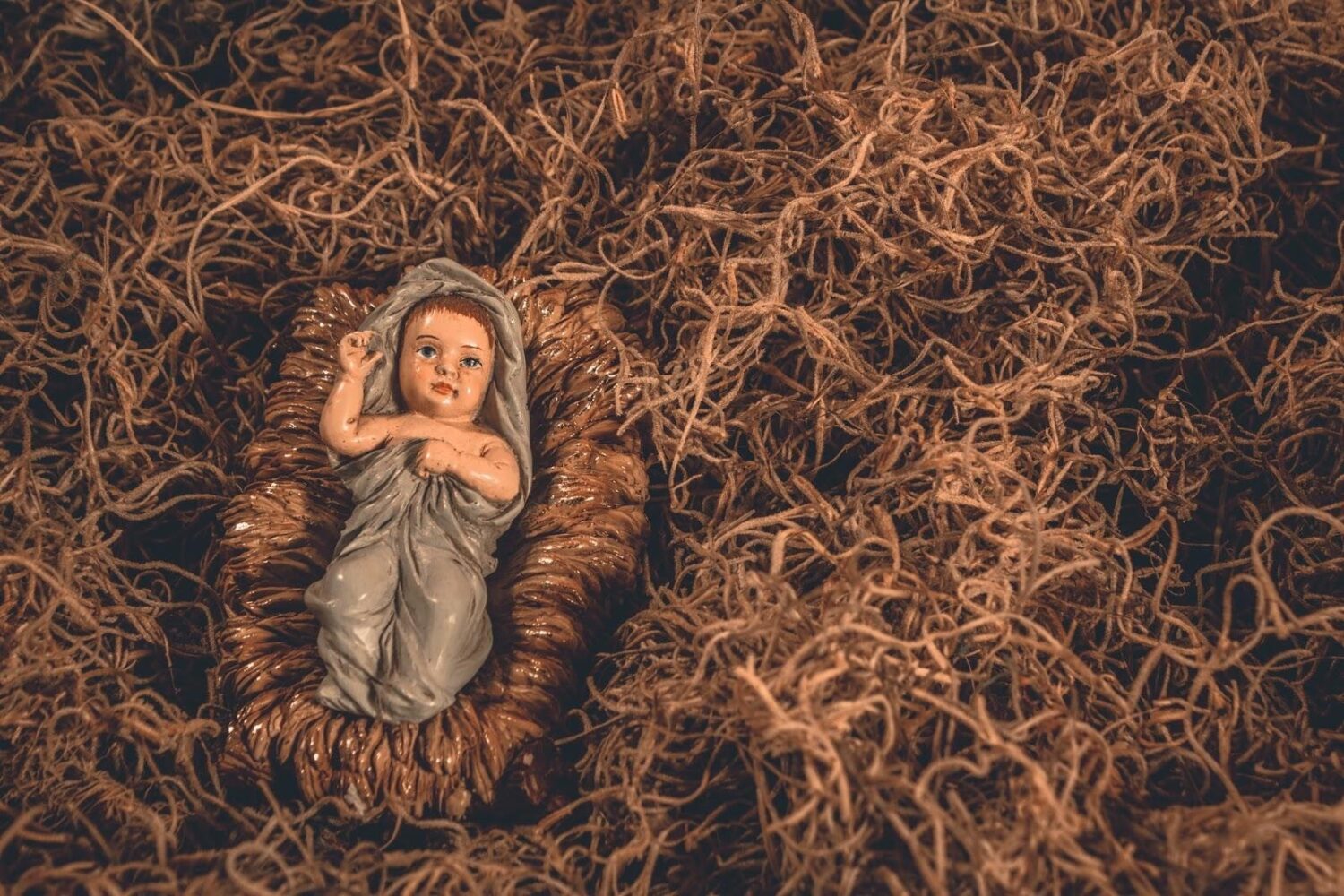
Image Credit: Jeswin thomas, Pexels
Christmas is indeed a wonderful time of the year and is a widely celebrated holiday that revolves around so many loved-traditions. According to the research, about 90% of Americans and 95% of Christians celebrate Christmas worldwide.
When you gather around a Christmas tree, stuff goodies into a stocking, or enjoying a grand feast with your family, you are taking part in traditions rooted back thousands of years before Christianity was born. There is an amazing history behind Christmas—why we celebrate it, why it is celebrated during winter, was it the day when Jesus was born.
There are so many facts to learn about Christmas.
Modern Christianism is more or less impacted by pre-Christian paganism. Though the Christmas celebration didn’t directly come from pre-Christian paganism, it isn’t a modern phenomenon either. Christians spread their religious belief into Europe in the first centuries A.D. they targeted mostly the variety of locals with different regional religious creeds.
This group of Christian Missionaries defined all these locals in an umbrella term “Pagan,” which means “field” in Latin. Obviously, there was something the Christians didn’t like about these rural people; still, they were somewhat fascinated by the pagan culture. Hence, pagan tradition possessed a stronghold in Christianity till date.
Though the Christmas tree is a 17th-century German invention, the tradition has its root in the pagan tradition of bringing greenery home to decorate in midwinter. Even the modern Santa Claus is the incarnation of pagan ideas about spirits who traveled the sky during midwinter and definitely wasn’t a gift-giver.
The above infographic was provided by Betway.
According to historians, it was the natural time for a feast as the harvest work is done for the year in an agricultural society. It was the time of Winter Solstice—the shortest time between the sun rising and the sun setting. It usually happens on December 21st or 22nd in North Hemisphere. Pagans knew that days would start becoming longer and nights would be shorter after that, marking a season change. Animals kept for feeding were also butchered, and the drinks that had been brewing since autumn would be ready to drink. So, it was the perfect time to celebrate.
According to Roman belief, the festival of Saturnalia took place between December 21st and 23rd, honoring the Roman God Saturn. It was also believed that in 274, the Roman emperor Aurelian created Dies Natalis Solis Invicti (Birthday of the unconquered sun), known as Sol Invictus, celebrated on December 25.
As the date suggests, Christians took over December 25 from the Roman festivals. But there is a record going back to around 200 says about early Christians connecting Nissan 14 to the March 25; hence, December 25 was a Christian festival dated many years before ‘Sol Invictus.’
Though gift-culture seems inextricably connected with Christmas, it was the first day of New Year people looked forward to opening presents. It was the Victorian era when gift-culture shifted to Christmas. According to the Royal Collection, Queen Victoria Children used to get gifts during Christmas Eve, including Sword and Armor. In fact, Queen Victoria gave her husband, Prince Albert, a portrait of her as 7 years old as a present on Christmas. Later on, she gifted him a book of poetry by Alfred Lord Tennyson.
All these secular embraces of Christmas, now, have grown religious importance. It is in-depth the consumerism of Christmas shopping that dictates mostly, rather than the religious motivation to celebrate Jesus Christs’ birthday. That excessive spending is the modern equivalent of revelry and drunkenness that the Puritans hate about Christmas.
The interesting fact is that, despite the spread of Christianity, midwinter festivals were never celebrated as Christmas until the Fourth Century. There was no reference in the Bible when Jesus was born, and early Christians were never bothered with it. With no Biblical directive and no mention in the Gospels of the correct date, early Christians believed Him to be a spiritual entity and not a human.
In the fourth century, church officials declared to institute Jesus’ birthday as a holiday without any biblical directive. And, that is why Puritans later denied the legitimacy of the celebration. Some evidence suggests that his birth might have occurred in the spring because shepherds wouldn’t be herding in the middle of Winter. But, Pope Julius I chose December 25 to celebrate the day. According to the common belief, the church chose the date to adopt the Pagan tradition of midwinter festival.
The celebration was first called the Feast of the Nativity, spreading to England by the end of the 6th century.
In the 17th century, a religious reformation changed the way Christmas was celebrated in the whole of Europe. When Puritan leader Oliver Cromwell took over England in 1645, he vowed to liberate England of religious decadence. Hence, he ruled Christmas out. The people of England brought back Charles II, and with him, this popular holiday restored its place.
English Separatists, known as Pilgrims, came to America in 1620. They were even more orthodox than Oliver Cromwell in their puritan beliefs. And for that reason, Christmas was not a holiday in America. From the year 1659 to 1681, the celebration of Christmas was banned in Boston, and anyone found to celebrate it was fined five shillings. After the American Revolution, English customs lost their place, including Christmas. In fact, Christmas wasn’t declared a holiday until June 26, 1870.

